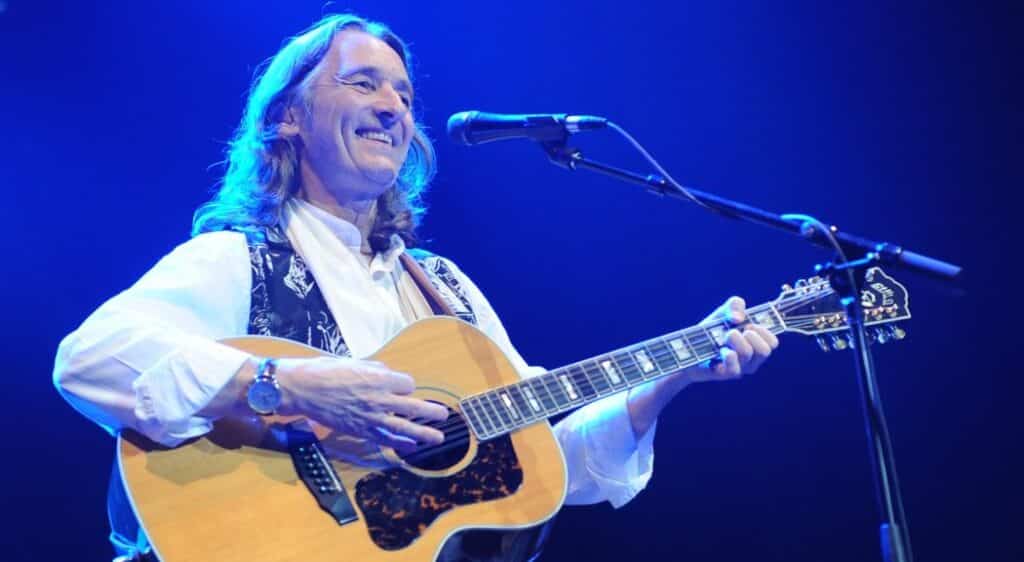
![]()
In the grand tapestry of rock history, there are few bands whose music so deftly blends precision with emotional resonance as Supertramp. Their new release, Live in Paris ‘79, offers not merely a nostalgic reissue, but a more comprehensive glimpse into what many consider the group’s zenith.
Speaking from his home in England via Zoom, John Helliwell, the band’s affable saxophonist and de facto onstage master of ceremonies, reflected on the project with palpable fondness. “It’s always been, like, a cornerstone of our career,” he observed. The original Paris album, released in 1980, captured a single night of the band's four-show stand at the Pavillon de Paris. This newly curated edition, however, expands the lens, drawing from performances on December 1st and 2nd to present the concerts in their entirety – including the previously omitted “Downstream” and “Child of Vision.”
By the time of these performances, Supertramp were in the final stretch of a world tour supporting Breakfast in America, the 1979 album that catapulted them to superstardom. With platinum plaques in four countries and ubiquitous hits like “The Logical Song”, “Goodbye Stranger”, and “Take the Long Way Home”, the band had ascended to rarefied air. “I think this new version is maybe a bit more refined, in a way,” Helliwell mused. “It was near the end of the tour and we were really well-oiled by that time… We made some good recordings.”
Paris had, by then, become something of a second home for the band. In a few short years, they had graduated from playing to sparse crowds at the Bataclan to selling out four consecutive nights at the 8,000-capacity Pavillon. “We enjoyed ourselves there,” Helliwell said. “It was a good, excitable crowd, and they got us going.”
The Pavillon shows would mark the final major outing for Supertramp’s classic quintet: Helliwell, Rick Davies, Roger Hodgson, Dougie Thomson, and Bob Siebenberg. Creative tensions – chiefly between Davies and Hodgson – would fracture the group soon after, culminating in Hodgson’s departure in 1983. “At the time we thought Roger’s leaving was a bit silly,” Helliwell admitted. “He could’ve done his solo stuff and still done stuff with the group... but he just went off and did his own thing.”
In the decades since, Supertramp’s legacy has been shadowed by acrimony. Lawsuits over royalties erupted in 2018, driving a wedge between the remaining members. Davies settled his case out of court, while Hodgson prevailed in a separate action last year. “It’s a shame because it’s a great legacy that we all were involved with,” Helliwell reflected. “But that’s life in the end, maybe.”
The vaults, he admitted, hold few remaining treasures. “We’re very sparse on extras… Live recordings are the most likely material available.” While Davies has largely receded from the public eye, Helliwell remains the band’s most active alumnus. Now 80, he balances solo projects with the Super Big Tramp Band – an 18-piece ensemble offering orchestral interpretations of Supertramp’s canon.
“I might retire this year,” he confided, though with the caveat that he still feels at the peak of his powers. “I haven’t gone over the crest of the hill yet, but I don’t want to go over the crest and have people say, ‘Oh, he used to be good.’ I’d rather stop at the top.”
With Live in Paris ‘79, Supertramp offer fans the fullest portrait yet of a band at its dazzling best – a testament to how, for one shining moment, they turned rock into something both cerebral and soulful.